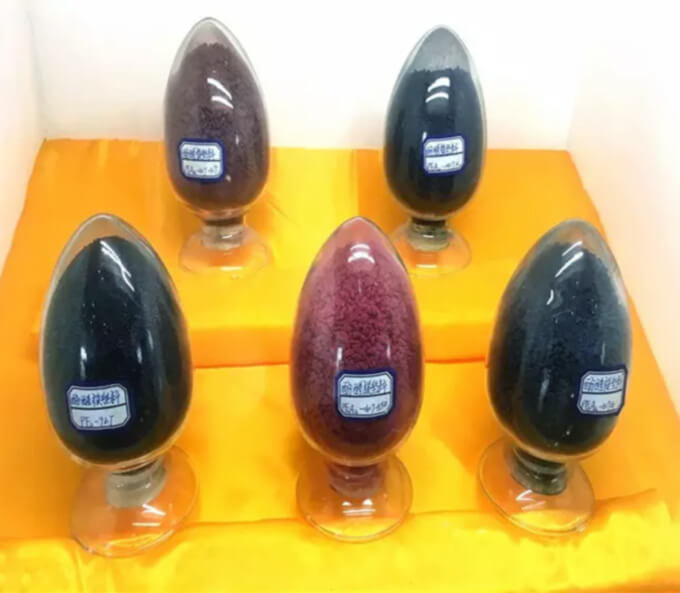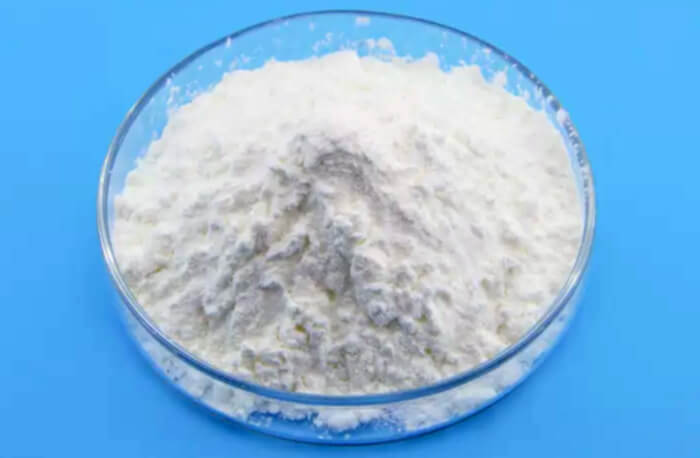
Specialize in Compression molds

Specialize in Compression molds
Thermosetting plastic is plastic with thermosetting resin as the main component, together with various necessary additives to form products through the cross-linking and curing process. They are liquid at the beginning of the manufacturing or molding process, and after curing, they do not dissolve or melt, and cannot be re-melted or softened. Thermosetting plastics and thermoplastics together constitute the two major components of the synthetic plastics system. Thermosetting plastics are divided into two types: formaldehyde cross-linked and other cross-linked types. Formaldehyde cross-linked plastics include phenolic plastics, and amino plastics (such as urea - formaldehyde - melamine - formaldehyde, etc.). Other cross-linked plastics include unsaturated polyesters, epoxy resins, and o-phenylene dimethyl diene propylene ester resins.

Phenolic resins are one of the longest-established plastics, commonly known as gumwood or Bakelite, with a yellowish-brown or black appearance, and are typical of thermosetting plastics. Phenolic resins are often molded using a variety of filler materials, and the performance of the finished product varies depending on the filler material used. As a molding material, phenolic resins are mainly used in areas where heat resistance is required, but they are also used as an adhesive for plywood, grinding wheels and brake pads.

Urea-formaldehyde resins are colorless plastics that can be used as molding compounds, adhesives, etc. They are prepared from urea and formaldehyde. The urea-formaldehyde resin molding compound is filled with cellulose. Also, it has excellent hardness and mechanical strength. On the other hand, it has the disadvantages of brittleness, water absorption, poor dimensional stability, and often cracks even at rest. Urea-formaldehyde resin can be manufactured for tableware, bottle caps and other daily necessities and mechanical parts, but also can do adhesive.
Melamine-formaldehyde resin is also known as honey amine, mylamine dense, and Menai. This plastic makes up for the shortcomings of urea-formaldehyde resin and is not resistant to water, but the price is higher than urea-formaldehyde resin. Because the melamine-formaldehyde resin is as colorless and transparent as urea-formaldehyde resin, molding color is bright. Because it has heat resistance, high surface hardness, mechanical properties, good electrical properties, superior water resistance, solvent resistance and chemical resistance, it can be used in the field of tableware, various daily necessities (including furniture), and industrial supplies.
Unsaturated polyester resin is a light yellow or amber transparent liquid with different viscosity. Because unsaturated polyester resin strength is not high, it is often added to glass fiber and other reinforcing materials used, the product is commonly known as fiberglass. Unsaturated polyester resin is liquid before curing, can be molded without pressure, and even cured at room temperature, and thus can be processed into products by various processing methods.
Epoxy resin is a thermosetting plastic cured with a curing agent. It has excellent adhesive properties, excellent electrical properties, and good mechanical properties. The main use of epoxy resin is for metal anti-corrosion coating and adhesive, commonly used in printed circuit boards and electronic components of the seal casting.
Unlike the resins above, the main component is not carbon, but silicon, so the price is high. However, the silicone resin is heat resistant to 180℃ and can be resistant to 500℃ with special treatment. It has good cold resistance, and its physical properties do not change with temperature, so it is a thermosetting plastic with excellent chemical resistance, water resistance and weather resistance, and its heat-resistant products are materials for the production of electronic industrial components.
There are many varieties of polyurethane, which can be made from soft thermoplastic elastomer to rigid foam. Polyurethane soft foam density of 0.015 ~ 0.15g/cm3, soft foam molding for the block, easy to cut for furniture and packaging materials. Rigid foam can be made in various types.
Thermosetting plastics can soften and flow when heated for the first time, heated to a specific temperature, resulting in a chemical reaction a cross-linking reaction and curing hard, this change is irreversible, and after that, when heated again, it can no longer become soft flow. It is with the help of this property that the molding process is carried out, using the plasticized flow at the first heating, filling the cavity under pressure, and then curing into a product of definite shape and size. The nature of thermosetting plastics can be thought of as a hard-boiled egg, where the yolk changes from a liquid to a solid, but cannot change back to a liquid.
Thermosets are often filled or reinforced with minerals, lime, glass fiber, etc. to enhance properties such as shrinkage control, chemical resistance, shock resistance, insulation, thermal insulation, or cost reduction. The finer the mesh of the structure, the better the heat and chemical resistance. Thermoset plastics have better mechanical strength, higher service temperature and better dimensional stability.

MDC Mould specializes in thermoset molding and has been molding products for over 20 years. Our expertise is in thermoset plastic molding and thermoset mold making; we are committed to producing quality products that exceed our customers' expectations by integrating lean manufacturing processes, effective quality control procedures and advanced technology.
Contact US
Email: master@zjmdc.com
Tel: +86 576 84616076
Fax: +86 576 84616079
Mobile: +86 13906573507(Mr. Wang)
Address: No.116 mochuang road, Huangyan Xinqian street,Taizhou,Zhejiang,China